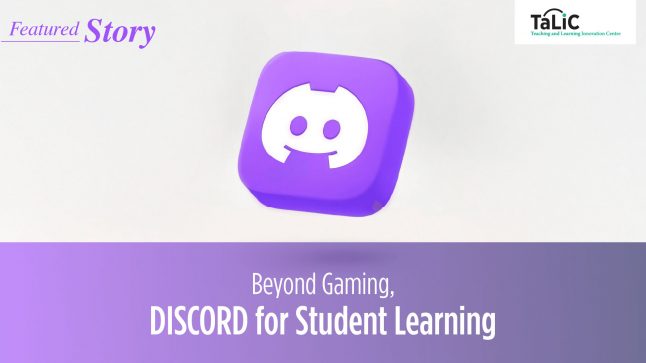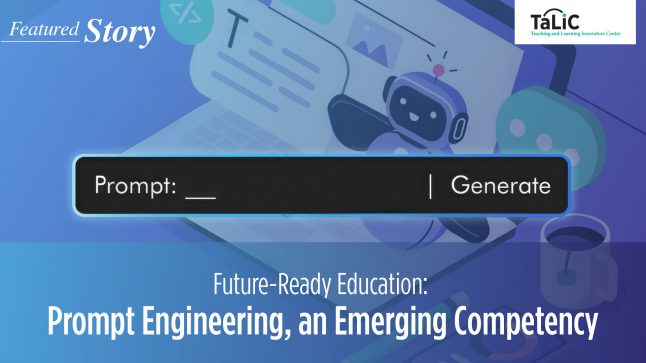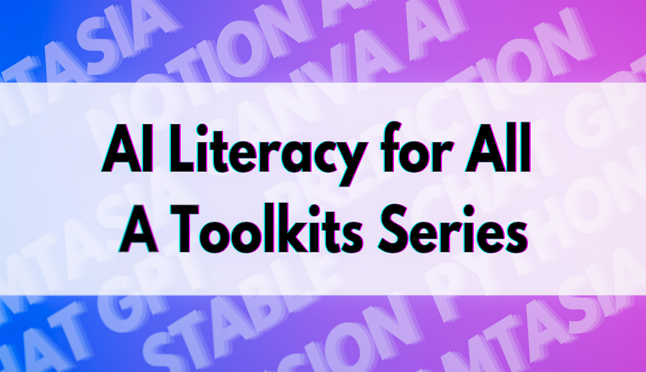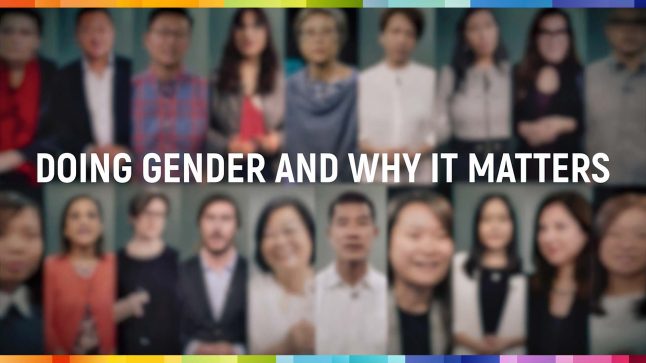
Philosophy can be a daunting subject to teach, as it often involves the explanation of complex and abstract ideas, and encouraging students to think creatively and independently. The challenge becomes more pronounced in the context of online teaching, where students learn remotely and independently in front of their own computers. How do you engage the students and maintain their attention span, while doing justice to the intellectual depth of the subject? Such was the challenge we faced when we produced HKU03x Humanity and Nature in Chinese Thought.
Course Instructor Professor Chad Hansen is a brilliant philosophy teacher. His lectures are always intellectually challenging and interesting at the same time. So how did we turn his course into a MOOC? At first we tried the traditional method of asking the teacher to speak directly into a teleprompter, as if addressing the viewers himself. The result was not bad, but that could not capture the dynamic and engaging character that his lectures are well known for – something was missing.
So the production team tried a new and risky method – we put Professor Hansen in a small classroom setting and surrounded him with real students and cameras. We shot it like a mini-concert in order to capture his signature performance. We also spent weeks talking to Professor Hansen and the course team learning about the subject matter, and then got our graphic designer to design some interesting and relevant visuals to present those abstract philosophy concepts. And the result was great.
This balance between education and entertainment is a hard one to strike. And we hope, with this new attempt, we will be able to make the teaching of abstract subjects as informative, enlightening, and enjoyable as possible. And we cordially invite you to take part in this.
> Check out our course trailer and previews > Enroll now











